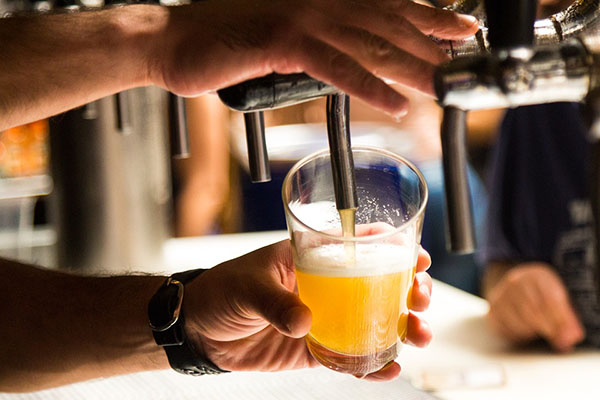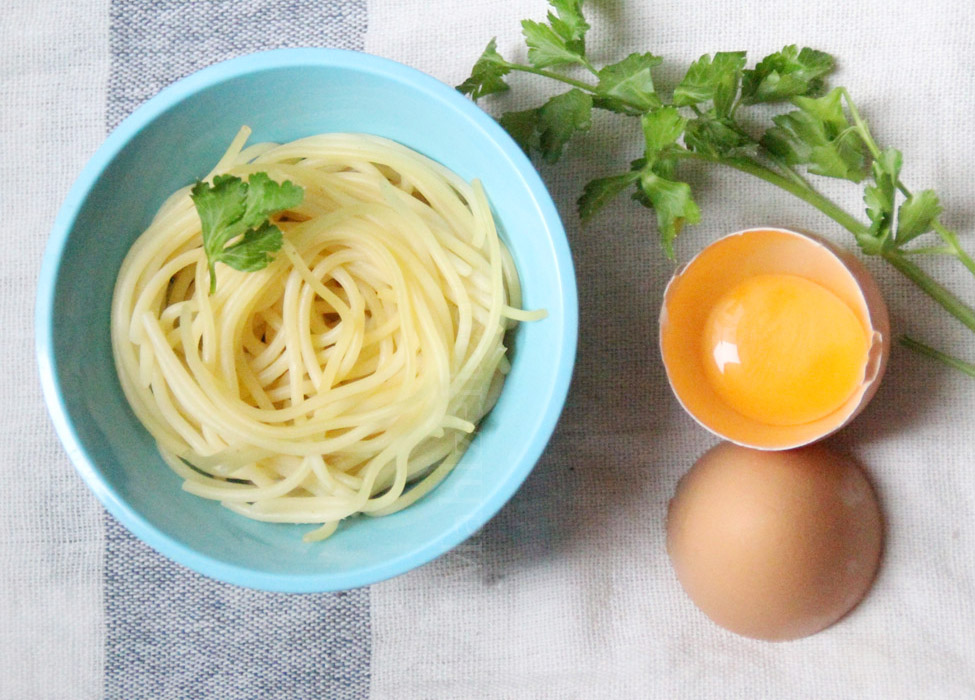Wine tasting events have drawn crowds for years. Now it’s time for beer to start gaining more attention from event organizers and sponsors, people who have the skill and experience to generate significant word-of-mouth marketing for beer tasting events. But, first people who make beer, particularly people who make homemade beers, may need to put the drink in a different light, similar to how wine and champagne are perceived as classy, rich drinks. Oddly, taste itself will drive any shift in perception. Furthermore, when it comes to homemade beer, actual beer brewing kit equipment brewers use may have as much influence on beer taste and quality as recipes brewers use.
Quality cappers, fermenters and filters are just a few beer brewing kit pieces that all brewers must use. Other kit pieces home brewers need include:
· Burners (i.e. floor burners, patio stove burners, banjo cooker
· Grain mills (i.e. adjustable malt mills, bare bones grain mills)
· Curd skimmers
· Thermometer
· Kettle (i.e. stainless steel kettle with or without a spigot)
· Kettle screen
· Beer bottle gaskets and caps

After home brewers get the right beer brewing kit pieces, it’s a good idea to start experimenting with different recipes and flavors. This is important, because it’s unique flavors that home beers are made with that could most help home brewed beer to stand apart from mass manufactured beer, that could help home brewed beer develop more supporters, especially at beer tasting events.
Consider some of these flavors when using a beer brewing kit to develop unique tasting beer:
· Tea beer
· Chocolate donut tasting beer
· Milk flavored beer
· Steak flavored beer
· Pizza beer (yes, pizza tasting beer!)
· Fruity tasting beer
Brewers who feel they could use help making their first kettles of beer might be able to seek out the help of a teacher or scientist. That’s exactly what happened in Boston when microbiologist, Sam Fogel, taught local brewers how to refine the taste of their beer. As reported in the February 1, 2013 Boston Globe “Newton Scientist Teaches Beer Making” article, “The Newton resident prefers to talk about the perfect anaerobic conditions, the right temperatures, and how stored carbohydrates are coaxed out of their endosperm to make lager or ale.”
As with some other home brewers, Fogel’s interest in home brewing goes back to a desire to create. Fogel shares, “So much of what we do in life these days is not hands on. It’s pretty much a black box, electronically speaking at least.” Fogel continues, “I turn my iPhone on and I don’t know how it works really, but with beer making and hard cider making we can get our hands into it enough that we feel a connection with the process.”
Even if you don’t have the scientific knowledge that Sam Fogel possesses, with a bit of patience and experimentation, you could use your beer brewing kit to develop hard-to-find beer flavors, ones that will be a hit at beer tasting events. Start getting media attention as well as word-of-mouth marketing by people who attend beer tasting events your home brew is showcased at, and you could find yourself making beer for profit as well as pleasure.
—
Rhonda Campbell is an East Coast journalist who loves offering tips and advice about home brewing and small business ownership. Her work has been published in national periodicals like USA Today, Yahoo! Education and The Pittsburgh Quarterly.
—



Thank you for the very informative post. I was never aware that you could make tea beer or even steak beer for that matter. How amazing. Thanks again.
I am going to have my husband read this one, he has wanted to try beer brewing for awhile now.
How interesting! And with the economy going down, it’s a great idea to brew your own beer. Pizza beer?!! Why not?
I am going to have the hubs read this too! Thanks!